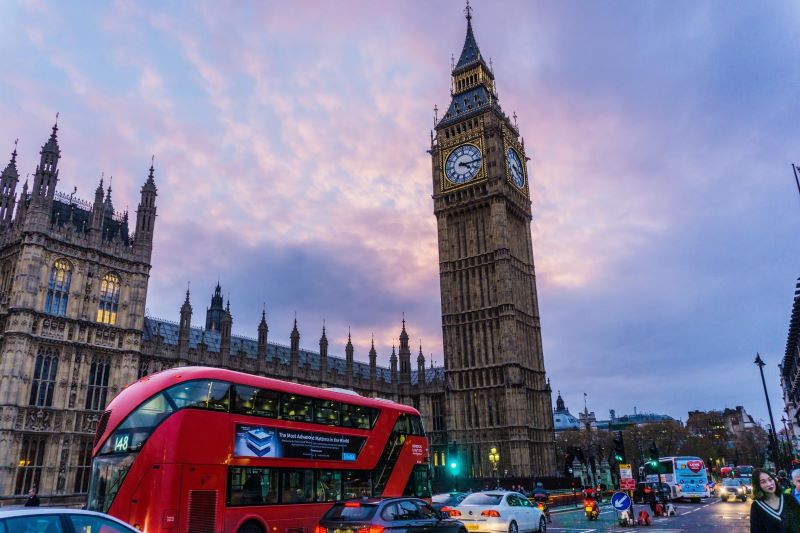Some major headwinds for the UK economy
Nobody seems to believe in the UK government’s view that it can get growth to 2.5% and keep it there.

What we have to hope is that the UK government produces a credible fiscal statement later this month and does not just rely on its miracle forecast of economic growth getting up to its target of 2.5%.
>> Will the UK’s disastrous mini budget impact the pound?
To say that the UK government is in a tight spot is a huge under-estimation. It has “promised” over GBP40bn of tax cuts, says that it won’t cut spending to fund the cuts but will still bring the debt-to-GDP ratio down over the medium-term. The government’s credibility is on the line and the gilt market bears lie in wait as the Bank of England ends its temporary gilt-purchase programme today (unless it changes its mind, of course). What we have to hope is that the government produces a credible fiscal statement later this month and does not just rely on its miracle forecast of economic growth getting up to its target of 2.5%.
But this must be tempting for the government. If it can credibly argue that economic growth will escape the drudgery of the post-financial-crisis period and soar to 2.5% then all of its problems over signalling debt-to-GDP reduction in the medium-term will be over. This is because the denominator in this ratio will be higher, as will be tax revenues while spending in areas such as welfare support will be lower. It’s almost a magic money tree!
The problem is that nobody seems to believe in the government’s view that it can get growth to 2.5% and keep it there; least of all the independent Office for Budget Responsibility (OBR) which is charged with providing the macroeconomic forecasts. It was rather disconcerting earlier this week that the Business Secretary Jacob Rees-Mogg suggested that the OBR’s forecasts might not be accurate. The implication seems to be that the government will argue that the OBR is underestimating the growth-boosting potential of the actions taken in the recent mini budget, such as corporation tax cuts and deregulation.
Quite clearly the OBR could be wrong with its forecasts – and it probably will be. But it will be asking a huge amount of the market to discount the independent OBR’s forecasts for some sort of Panglossian view of the UK’s fortunes provided by the Conservative Party.
>> The UK goes for economic growth
For a start, there are all sorts of reasons why it is very unlikely that growth will be able to hold consistently around the 2.5% mark. If we look at GDP from the output definition as being primarily the sum of the number of people working, the time that they work and their productivity, then it is clear that there are some major headwinds.
Like other developed countries, the UK’s demographics have turned significantly against the generation of strong growth as the number of producers (working age population) declines relative to the numbers that are only consumers (the elderly). In addition, migration trends have not been helped by Brexit and even now the government is having to scramble all around the world to find workers for key sectors such as health.
When it comes to hours worked, these have been declining for some time and, not only look set to continue but accelerate as the post-Covid “great resignation” factor comes into play with people choosing, or having to choose, a work-life balance that favours the latter over the former. And then there is productivity.
The government, and particularly new PM Liz Truss might believe that it can re-create the productivity miracle of the 1980s as the Thatcher-led government took on the s and deregulated heavily. But the OBR, for one, is likely to be very sceptical. It was not that long ago that the OBR had to basically wipe the slate clean on its productivity expectations and revise everything down significantly.
Mr. Steve Barrow, Head of Standard Bank G10 Strategy, doubts that it is going to wipe the slate clean again now to lift productivity forecasts back up. Of course, in the long run, the Conservatives might achieve a new productivity miracle, meet the growth target and start to reduce the debt-to-GDP ratio. But there’s two problems with this. The first is that this government most likely won’t be around in the “long haul”, because it will lose the next election. And secondly, the key issue for the market right now is not whether all this will be achieved in the long haul, but whether it can be credibly forecast as likely to happen. “We very much expect that the markets answer to this will be no”, said Mr. Steve Barrow.








